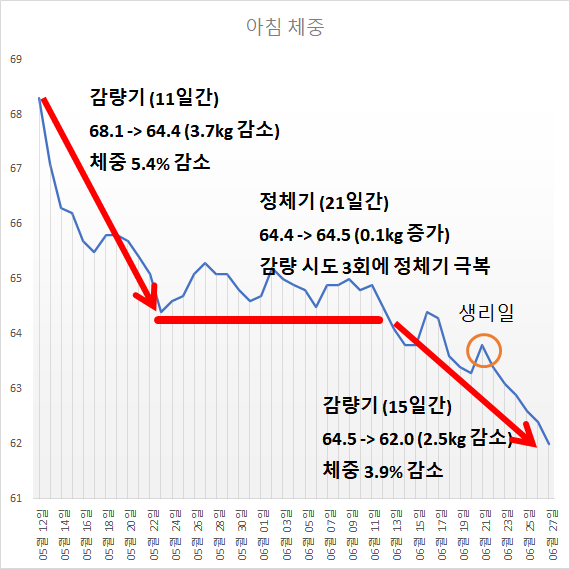What is a low-carb diet?Low-carb diets are recommended daily intake based on basal metabolism and consume less than 26% of carbohydrates.(1). The key goal of this diet is to focus on eating as much fat and protein as possible instead of limiting carbohydrate (sugar and starch) intake or reducing intake.
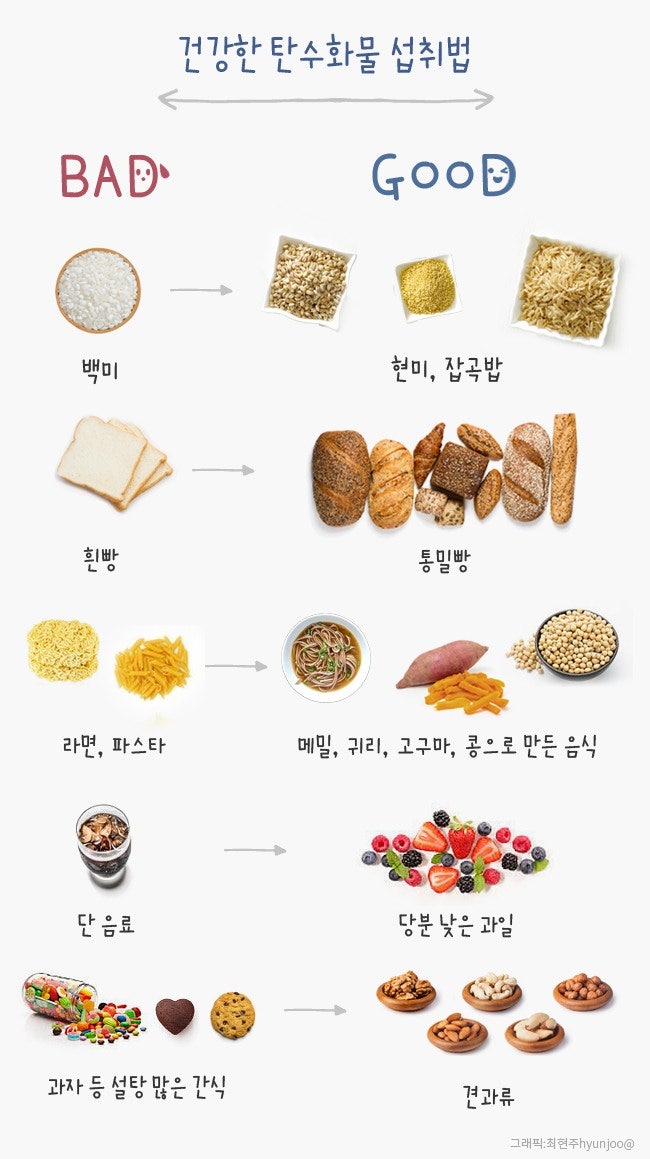
Foods and drinks high in carbohydrates are excluded from the low-carb diet. A typical example is this.Sweet foods and drinks, grains (e.g., cereals, bread, pasta, rice), soybeans and plants (e.g., soybeans, peas, lentils) What are various types of fruit alcohols (e.g., beer) and dried fruit ketosis such as bananas, mangoes and pineapples?Ketosis is a metabolic state that occurs in people who follow a low-carb diet plan (i.e., only 5-10% of energy from carbohydrates). Instead of breaking down carbohydrates and using them as energy, the key is to break down fat and use them as energy.
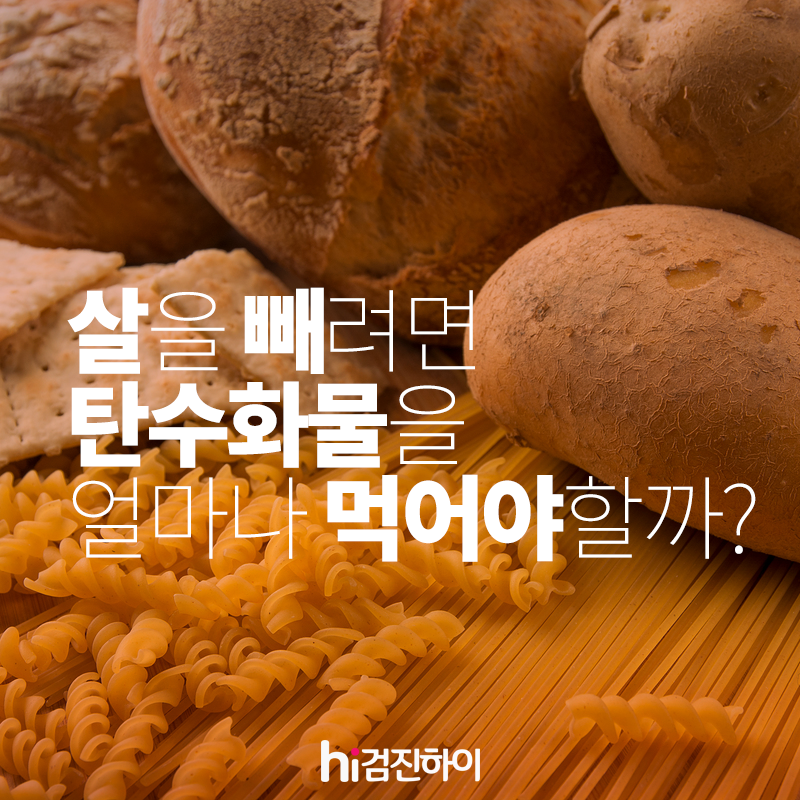
When such a phenomenon occurs, certain chemicals called ketones or ketones are formed, which is called ketosis or ketosis. Therefore, this type of low-carb diet does not use the main energy source in a way, so it has a similar effect as eating less. The ketone-producing diet (or keto diet for short) has been developed as a short-term measure to control seizures for children with treatment-resistant epilepsy.

This diet has been used for up to two years, and I have tried to stop it early because it is not very good for my health without an epileptic seizure.However, the diet has recently become popular with the aim of losing weight.Benefits of low-carb diets: Using these diets in the short term may lead to weight loss, but not efficiently in the long run. 2-3).In type 2 diabetes, controlling blood sugar more effectively in the short term is related to low-carb diet, but there is no theory that it has a positive effect on health in the long run (3-4). A low-carb diet high in plant protein and vegetable fat reduces mortality and cardiovascular risk (9).

Although the theory that ketone-producing diets are helpful for cancer has been argued, studies have been conducted only on cells or animals (5). Recently, clinical research on cancer patients has been conducted, and studies have shown that ketone production in particular has a positive effect on brain tumor mitigation (6-8). However, it is not currently recommended that cancer patients take a ketone-producing diet without consulting an oncologist.
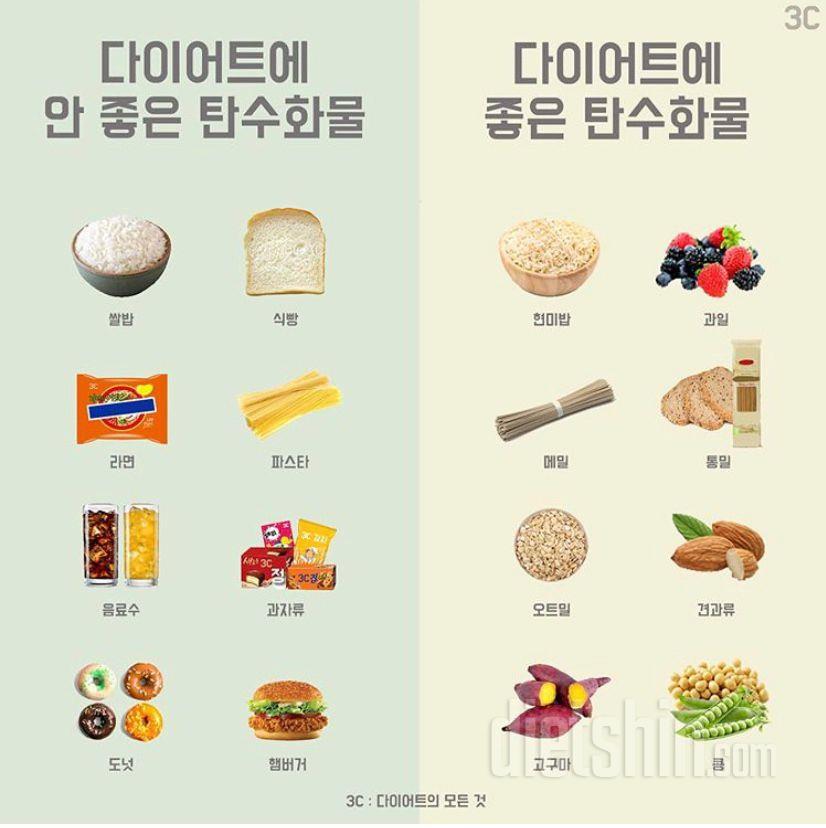
Disadvantages of low-carb diets: Some people suffer from “ketoflu,” which causes symptoms such as diarrhea, fatigue, convulsions and headaches when following an ultra-low-carb diet.
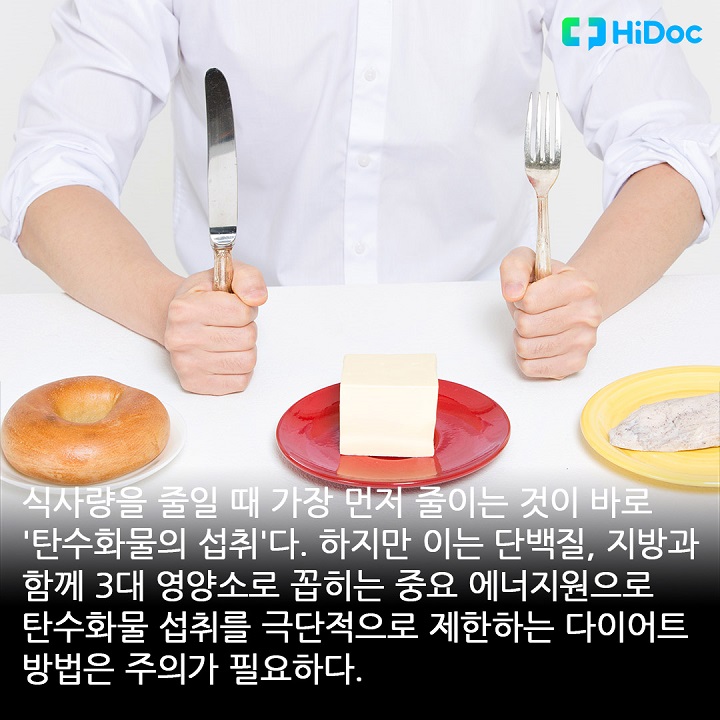
The brain uses carbohydrates first, and a lack of sugar can cause confusion and hypersensitivity.In particular, limiting the intake of fruits, vegetables, whole grains, etc. can cause nutrient deficiency. Fruits and vegetables can supplement natural sugar, polyphenol-like fiber, vitamins, minerals and antioxidants. Therefore, low-carbohydrate diets reduce fiber intake and induce constipation, negatively affect the number of lactobacillus in the intestines, and later increase the probability of exposure to colorectal cancer (11).

The brain uses carbohydrates first, and a lack of sugar can cause confusion and hypersensitivity.In particular, limiting the intake of fruits, vegetables, whole grains, etc. can cause nutrient deficiency. Fruits and vegetables can supplement natural sugar, polyphenol-like fiber, vitamins, minerals and antioxidants. Therefore, low-carbohydrate diets reduce fiber intake and induce constipation, negatively affect the number of lactobacillus in the intestines, and later increase the probability of exposure to colorectal cancer (11).

Should I try a low-carb diet?If you want to lose weight in the short term, eating a fat-rich diet may sound attractive, but I argue that a more balanced diet consisting of whole grains, fruits and vegetables is not a limited way to stay healthy in the long run.However, as discussed above, there are health benefits associated with a low-carb diet rich in plant fat and protein (9). Since different dietary approaches vary from person to person, it is sometimes helpful to follow a low-carb diet plan. If you have a disease, you should consult a doctor or nutritionist before attempting this restrictive approach.

Should I try a low-carb diet?If you want to lose weight in the short term, eating a fat-rich diet may sound attractive, but I argue that a more balanced diet consisting of whole grains, fruits and vegetables is not a limited way to stay healthy in the long run.However, as discussed above, there are health benefits associated with a low-carb diet rich in plant fat and protein (9). Since different dietary approaches vary from person to person, it is sometimes helpful to follow a low-carb diet plan. If you have a disease, you should consult a doctor or nutritionist before attempting this restrictive approach.

출처 : https://dieteticallyspeaking.com/the-pros-and-cons-of-low-carb-diets/

Pros and cons of low-carb diets – Nutritionally speaking, this guest post was written by Dr Harriet Holm (MA Hons Cantab, MBBS MRCCH, PhD, RNutr). Harriet studied medicine at dieteticallyspeaking.comPros and cons of low-carb diets – Nutritionally speaking, this guest post was written by Dr Harriet Holm (MA Hons Cantab, MBBS MRCCH, PhD, RNutr). Harriet studied medicine at dieteticallyspeaking.comPros and cons of low-carb diets – Nutritionally speaking, this guest post was written by Dr Harriet Holm (MA Hons Cantab, MBBS MRCCH, PhD, RNutr). Harriet studied medicine at dieteticallyspeaking.com


![[Docker] Docker Images - Dockerfile Concepts and Creation Methods [Docker] Docker Images - Dockerfile Concepts and Creation Methods](https://media-sparta.s3.ap-northeast-2.amazonaws.com/media/tempfiles/community/35f55125-c084-420c-a93d-451273ef5dd6NDc3MTg2LjM4ODkyOTg3NDg3MTY2NjMyNzI5NTUxNg=.png)
